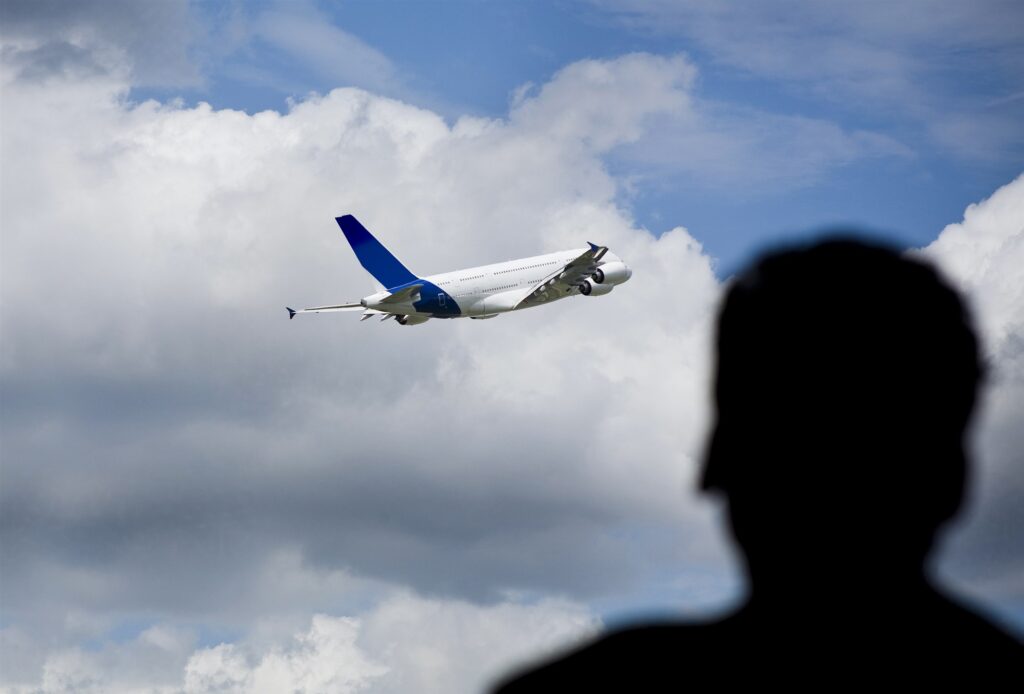
Patience, travelers. Chafing at the bit leads to rash decisions. Rash decisions in travel lead to lost money and terrible experiences.
Waiting is not a traveler’s forte, but without it now you could doom your traveling future.
The travel media right now is exploding with dangerous optimism. Forbes says that “Many signs point to a quick rebound for travel in 2021.” The popular magazine TourRadar says five destinations already have “spikes in bookings”: Greece, Italy, Iceland, Egypt and Japan.
Those are typical of dozens of travel media. Woe to those who put down deposits on European countries that had some of the worst virus outbreaks in the world, much less on developing countries like Egypt where the industry changes radically day-to-day.
The hedge against false optimism is to plan a trip but not deposit. Literally all tourism companies worldwide have so relaxed their deposit requirements for 2021, it’s easy to do. Why not, then, do it? It’s either that or cleaning out the closet… again.
The biggest danger to planning now is that something which was simple, like traveling from Point A to Point B, no longer is. Or that the guide, or bus company, or BnB, or local airline ceases to exist all of a sudden. Or that the overall destination is no longer viable:
That, by the way sadly, has happened to the Pantanal where the rapid spike of the virus may be aiding climate change in ruining the wetland, forever. Local companies are still accepting bookings for 2021 to places there that have been burned out of existence.
Here are some facts.
A second wave of coronavirus is hitting most of the world, as predicted. Euronews documents the spike Monday and listed the UK, Poland, the Netherlands and Spain; and Albania, Bulgaria, Czech Republic, Montenegro, North Macedonia as particularly bad.
After announcing modest reopenings last week, both Kenya and South Africa are reconsidering. After a single week of relaxation Covid cases spiked 6% in South Africa while WHO reports an unexpected spike in cases and fatalities in Kenya in just the last few days.
In 2019 29% of Tanzania’s export earnings were from tourism. In many developing countries reopening was specifically with the hope that tourism would restart their economies.
But there is no tourism.
SafariBookings excellent survey of hundreds of sub-Saharan safari companies is heart-breaking. There is no tourism and despite a few outliers with clearly untruthful boasts the vast bulk of honest answers suggests no recovery is likely in Africa before 2022 at the earliest.
This means that any international travel to the developed world in the first half of 2021 or the developing world before 2022 is silly to imagine, and that enormous caution must be exercised when planning travel a half-year or year later than that.
And after that? Into 2022 and 2023?
That depends upon a vaccine, complex understandings of the “viral load” impacting travelers and the related precautionary adjustments to early travel like mask wearing. See my last blog.
Meanwhile, the landscape particularly in the developing world changes every minute.
Time magazine reported last month that as tourism fails to quickly redevelop African countries will “convert some of Africa’s 8,400 protected areas into more immediately lucrative enterprises, such as oil extraction, logging, mining or agriculture.” Last month Tanzania carved out a huge hunk of The Selous in just this way.
The enormous spike in bushmeat poaching, the lack of ranger funding, the loss of good guides and the demise of up to 75% of all of African tourism companies alters almost beyond imagination the tourism landscape of Africa.
According to the gold star of tourism statisticians, McKinsey warned in its August report that 120 million jobs may be lost and that it will take 4-7 years from now to return to preCovid tourism.
The Louvre will remain standing but its opening hours might be drastically altered. There will still be lions in the Serengeti but who will take you safely, how you will get to them and where you stay changes completely day-to-day. Water will still gush over Victoria Falls but you might have to travel for two days by road to see it from Johannesburg.
Patience, travelers. Patience.